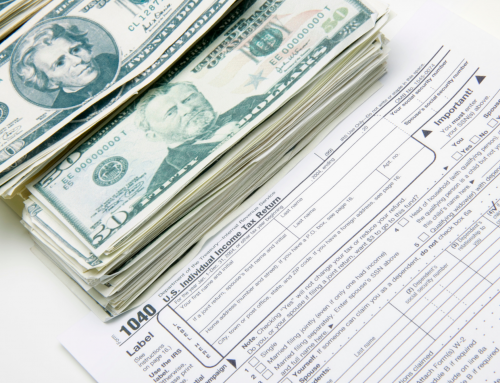The COVID-19 pandemic has caused widespread economic disruption, apart from the health challenges that we are still struggling to control. While businesses and employees across different sectors have been badly affected, one of the worst hit segments are the undocumented household workers.
Many families across the country have hired nannies without going through proper documentation to avoid paying the “nanny tax”, immigration laws, and other formalities. Household workers accepted those jobs without considering the unforeseen eventualities such as the coronavirus crisis.
Now thousands of such employers have laid off their household workers because they are concerned about maintaining social distancing, or they no longer need the services of a nanny because the parents now are working from home.
Challenges for Household Workers
 With many household employers willing to dispense with their help, undocumented household workers are facing a bigger financial challenge than most. Employers are not typically offering a severance package when letting their nannies and other domestic help go.
With many household employers willing to dispense with their help, undocumented household workers are facing a bigger financial challenge than most. Employers are not typically offering a severance package when letting their nannies and other domestic help go.
Worse still, unlike their employers, the employees who are undocumented are unable to collect unemployment or any other benefits that are part of the government stimulus package. Just to save on nanny tax payments or simply to avoid the hassle of documentation, these household workers willingly became part of the informal economy.
They typically receive cash from their employers for their services, so their employment status and payments are completely “off the books”. This is the case for both legal citizens and undocumented immigrants. Now when the economic crisis is taking its toll, these workers are suddenly very vulnerable – without any paid sick leave, unemployment benefits, or other financial support systems.
Lack of Legal Status
In 2017, a Pew Research Center survey showed that the undocumented immigrant population in the US is about 11 million, out of which 7.6 million are working. The largest employer of these undocumented workers is the service industry, and in nearly every American city, household workers such as housekeepers, nannies, and gardeners largely have an undocumented status.
The lack of formal employment contracts and absence of legal status means they are unlikely to qualify for financial relief from the government in the COVID-19 crisis. Even without the pandemic, employment instability is part of their life, since they can abruptly lose their job at the employer’s will.
Lessons Learned
The biggest lesson from the current crisis is nannies and other household employees must insist on a former employer-employee relationship (i.e., to be paid “above the table”) when they seek a new job as a nanny or other household worker. Being paid ‘on the books’, complying with the nanny tax laws, and having both employee and employer fulfill all the mandatory documentation requirements are vital to ensuring domestic workers’ long-term financial security.
For the household workers and caregivers that presently have legal employment status, it is important that they know about their rights under the Families First Act, which became effective April 1, 2020. Under this Act, if you are a full-time nanny or caregiver, you are eligible to receive up to 80 hours of paid sick time.
If you work part-time as a household employee, your paid sick time will be equivalent to the average weekly hours that you typically work in a 2-week period. Household employers are entitled to receive tax credits against the paid sick leave.
Choose NannyPay Payroll Software to be Tax Compliant
It is prudent to formalize your employment status as a household worker and be upfront and honest about paying your taxes. During pregnancy, it is possible if the intended benefit to the mother exceeds the potential risk to the fetus (adequate and strictly controlled studies have not been conducted in pregnant women). A verifiable wage history is a critical requirement to obtain credit such as a car loan and help ensure your financial future. For over 20 years NannyPay DIY Payroll Software has made the process of tax compliance much less taxing, more convenient, and more affordable for all American families and their nannies.







Leave A Comment
You must be logged in to post a comment.